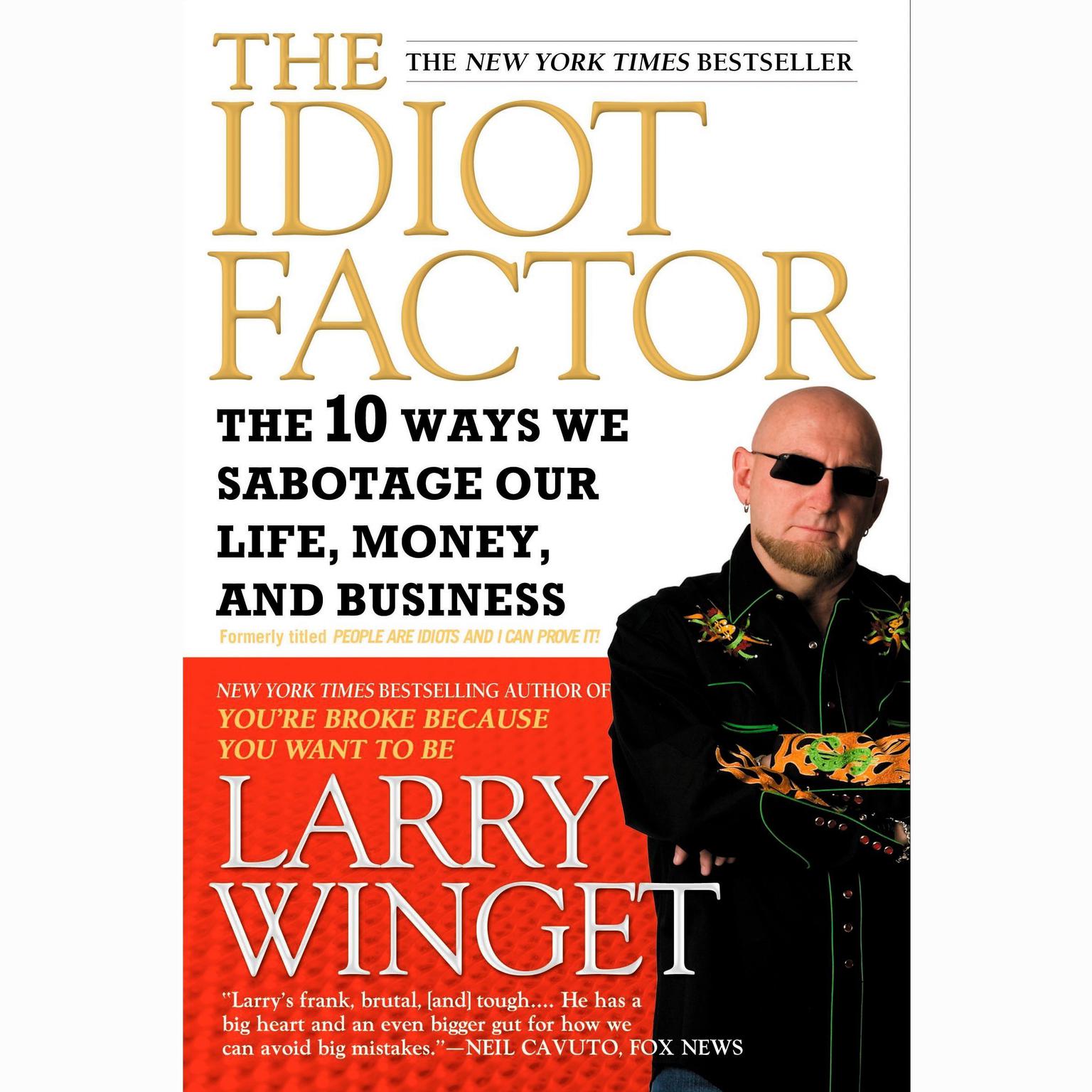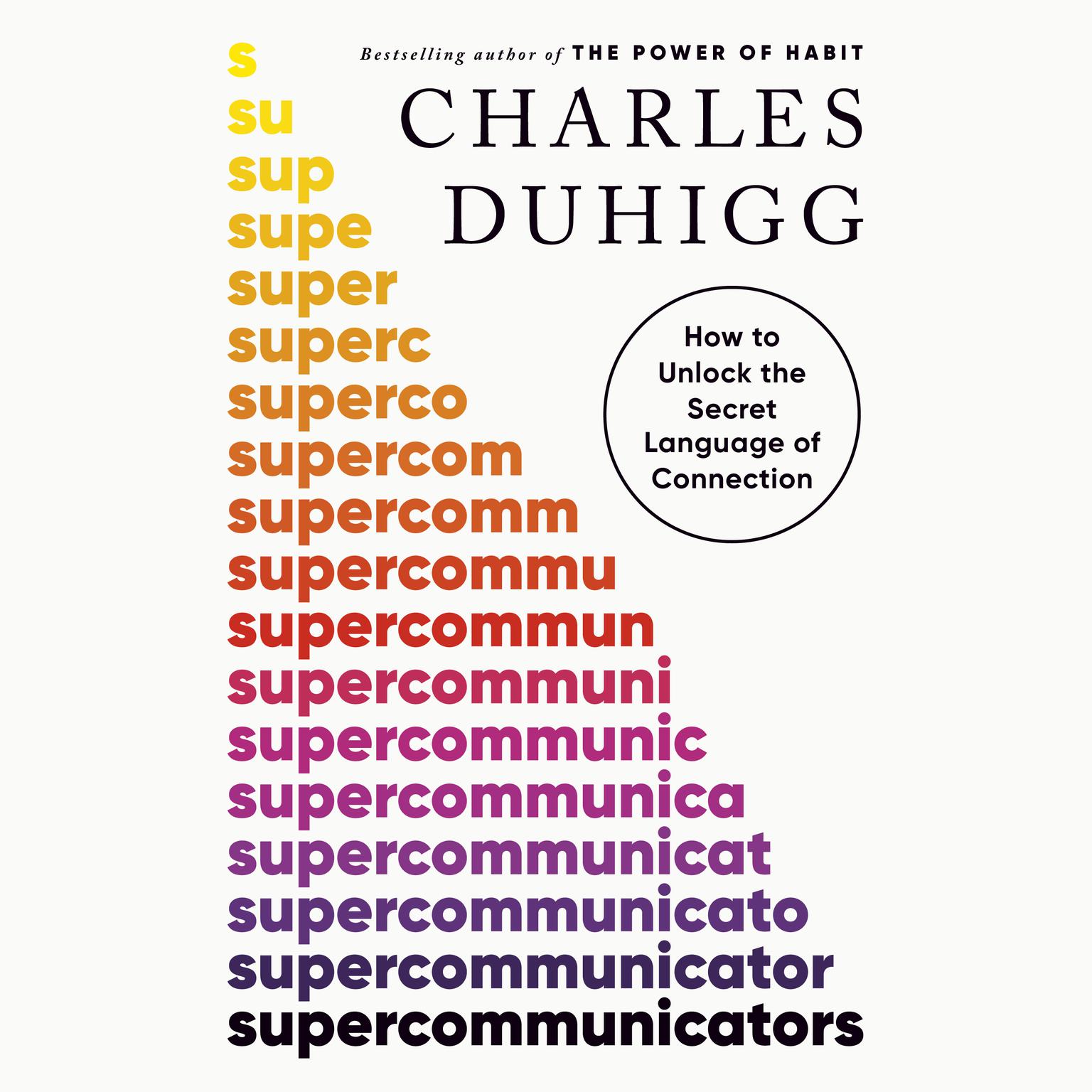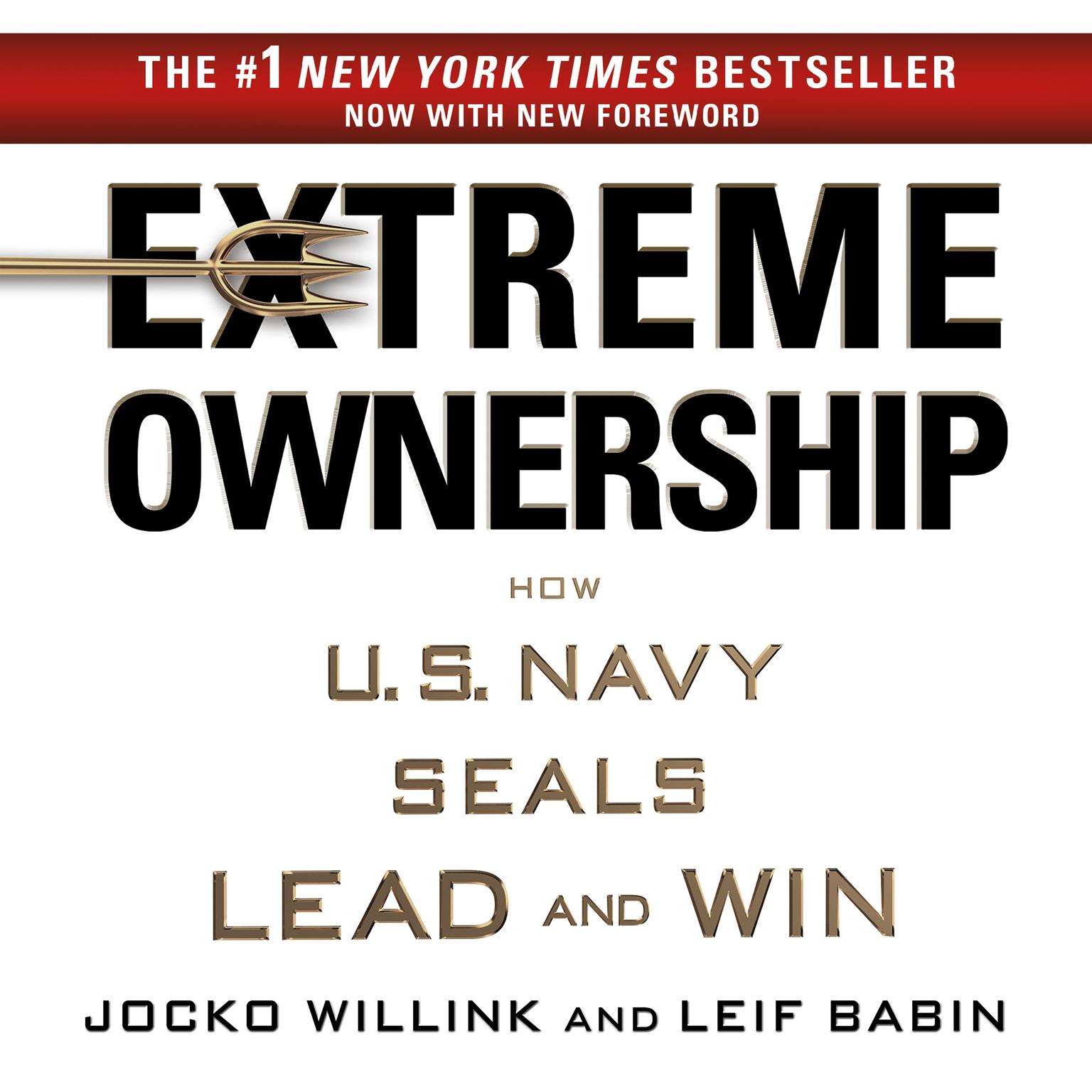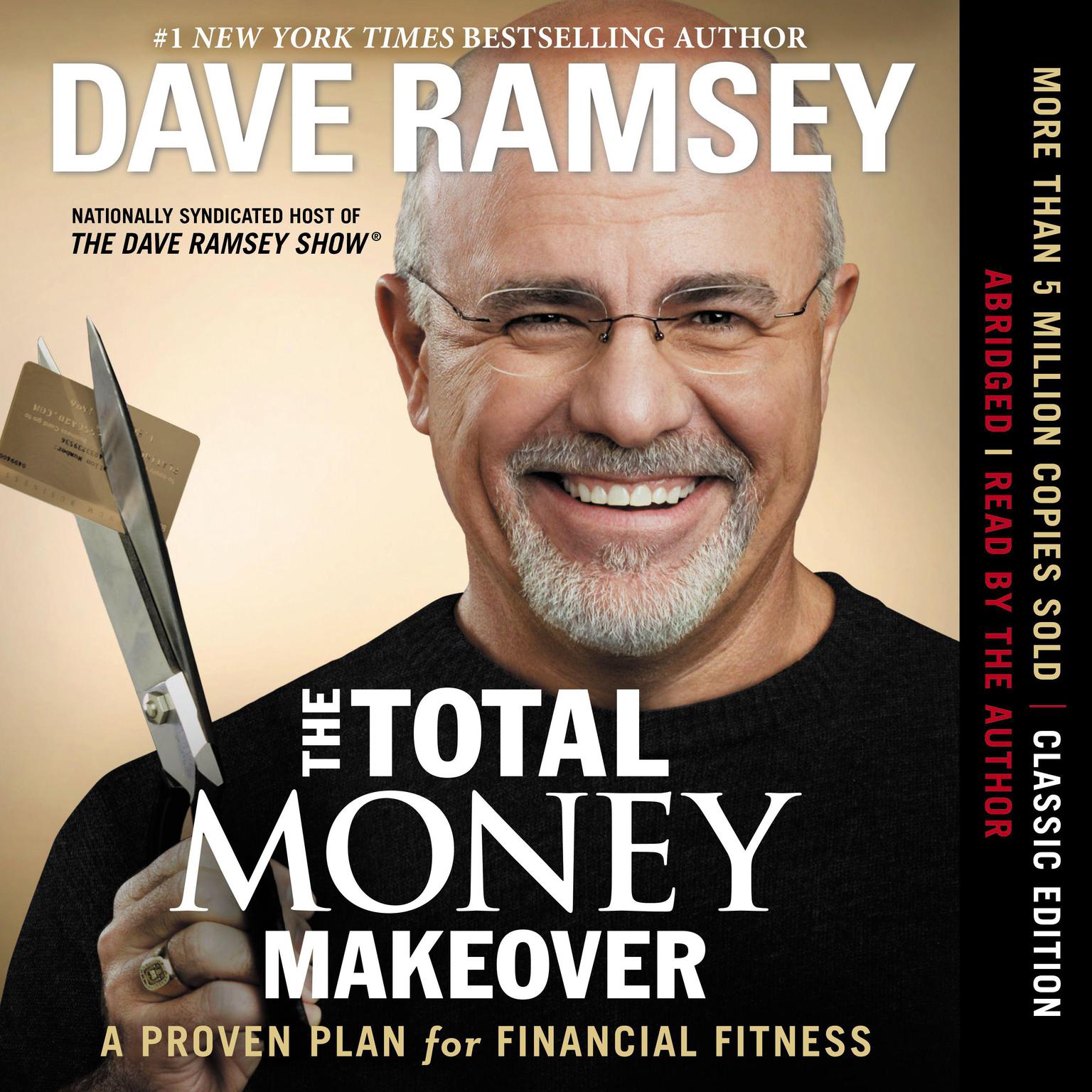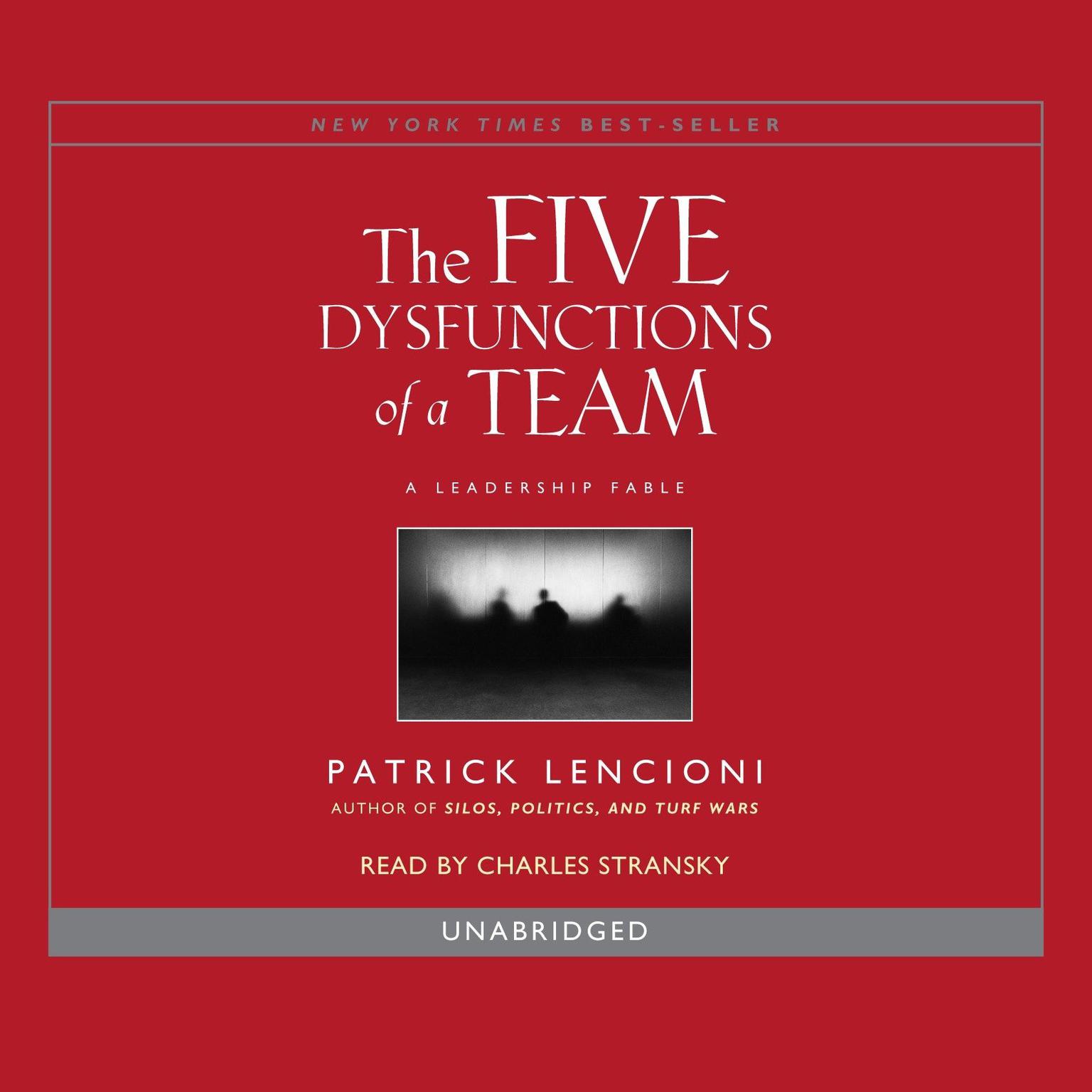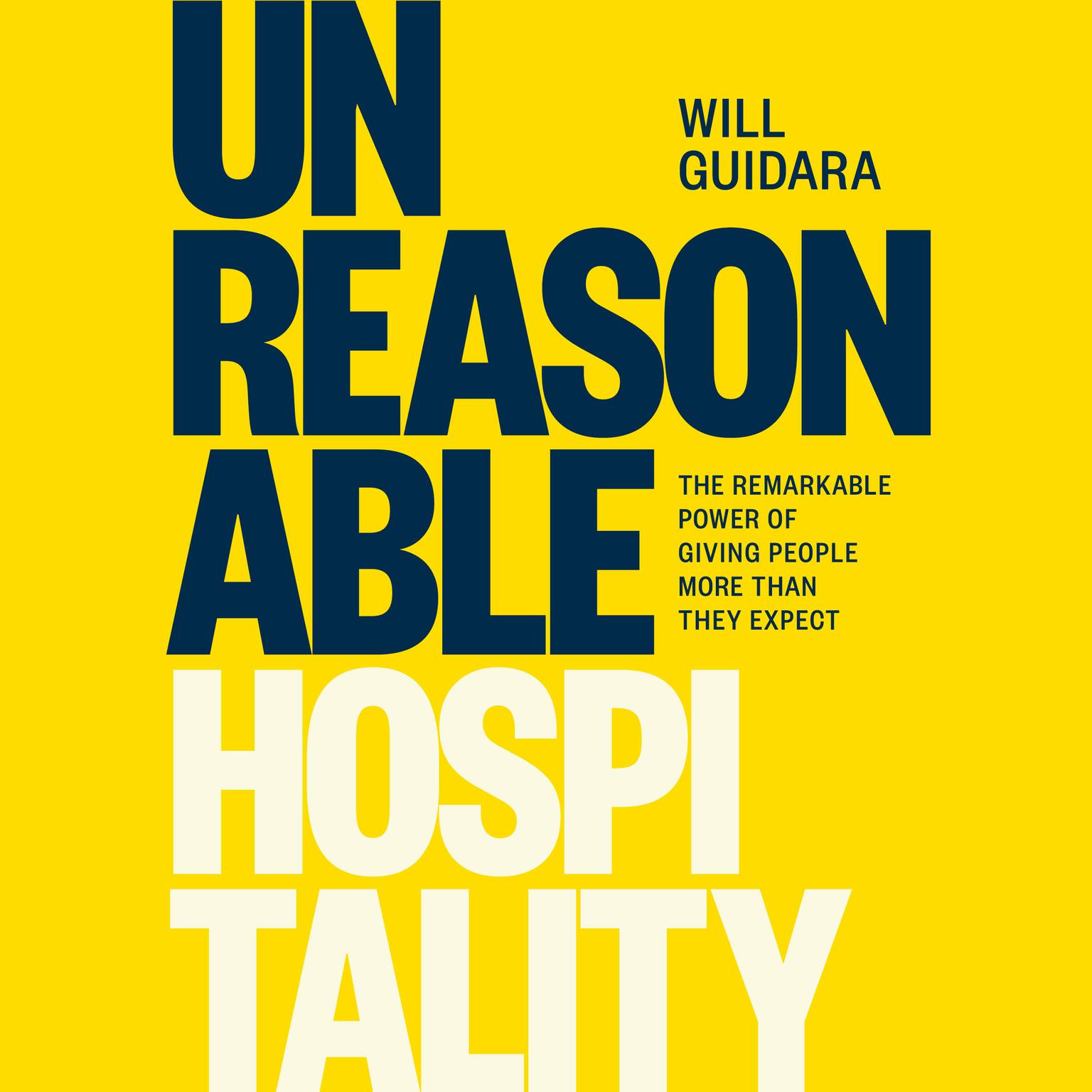Publisher Description
#1 New York Times bestselling author of The Big Short and The Blind Side, Michael Lewis’s masterful collection of articles and essays on the world’s most recent financial panics is now available from Simon & Schuster Audio for only $14.99.
When it comes to markets, the first deadly sin is greed. In Panic!, #1 bestselling author Michael Lewis has chosen several pieces of brilliant journalism to illuminate the most violent and costly upheavals in recent financial history: the Crash of ‘87, the Russian Default (and the subsequent collapse of Long Term Capital Management), the Asian Currency Crisis of 1999, the Internet Bubble, and the current Sub-Prime Mortgage Disaster. Among the unabridged selections are several pieces by Lewis himself, whose writing also introduces each section, as well as contributions from Nobel Prize-winner Paul Krugman, James Surowiecki, and others writing in Fortune, The New Yorker, and The New York Times.
Some of the pieces paint the mood and market factors leading up to the particular crash, or show what people thought was happening at the time. Others, with the luxury of hindsight, analyze what actually happened. There are sobering messages common to these narratives: the lessons that should have been learned along the way were for the most part ignored; and when push comes to shove—when all investors run to the same side of the boat—the carefully devised protections against risk turn out to be wishful thinking.
As proved in Liar’s Poker, The New New Thing, and Moneyball, Lewis is without peer in his understanding of market forces and of human foibles. He is also, arguably, the funniest serious writer in America.
Download and start listening now!
“This is an anthology of financial panics going back to the 1986 stock market crash. Lewis selects the best articles written at the time of each panic explaining how each developed. His point in wirting the book was that financial panics like that in 2008 have been happening regularly over the last twenty years but in different areas of the economy and for different reasons. The articles he selected were interesting and are a good reference of recent financial disruptions.”
—
Wayne (4 out of 5 stars)

